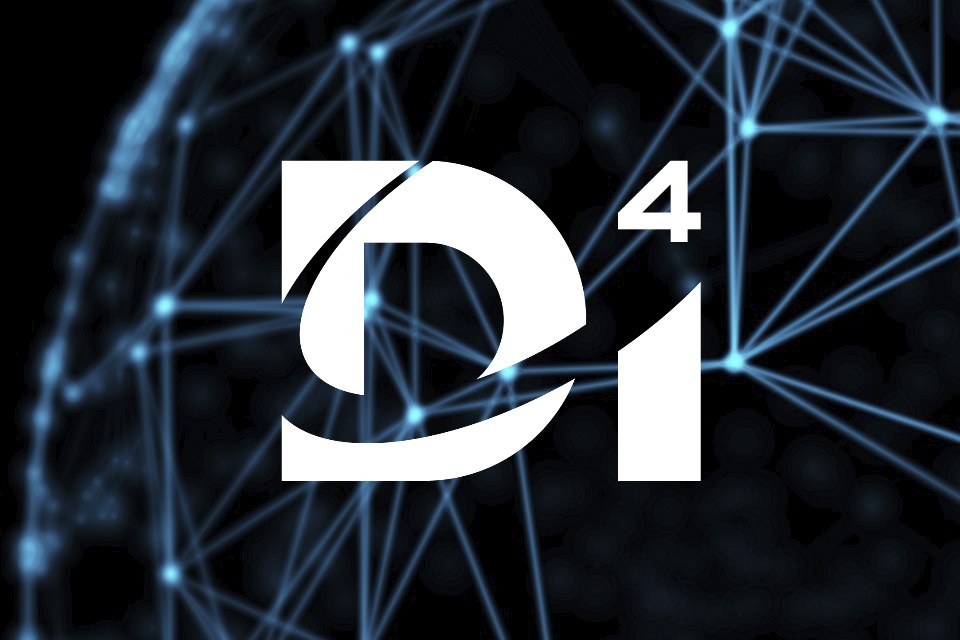DiiA Introduces D4i Bringing Standardization to Intra-Luminaire DALI
The Digital Illumination Interface Alliance (DiiA) has unveiled its new D4i logo and certification program for intra-luminaire DALI. D4i extends the existing DALI-2 certification program with additional features and functions, creating new possibilities for DALI in the IoT world.
Expected to launch in the third quarter of 2019, D4i certification will be available for DALI-2 products that have a specific set of features required for intra-luminaire DALI. These features relate to power, diagnostics and energy metering. D4i-certified products—including control gear for LEDs (drivers), as well as control devices such as sensors and wireless communication devices—will be eligible to carry the new D4i logo, which is a DiiA Trademark. All D4i-certified control gear and control devices will be listed on the DiiA website.
As the name suggests, intra-luminaire DALI refers to a DALI bus within an individual luminaire, connecting the LED driver(s) with any DALI-2 control devices. D4i brings standardization to intra-luminaire DALI in two key ways. First, D4i standardizes the way in which data is stored and accessed in DALI-2 drivers. This enables smart luminaires that are capable of participating in the IoT.
Second, D4i also defines how a driver with an integrated DALI bus power supply can provide power to a connected DALI device on the bus. Within a single luminaire, this greatly simplifies the incorporation of DALI sensors or other control devices that are solely powered from the DALI bus. For control devices with higher power requirements, such as wireless communication devices, an auxiliary 24V power supply is also included in the D4i specifications.
For drivers (control gear), the D4i logo indicates that the product has successfully implemented Part 207 for LED drivers, as well as Part 250, the DiiA specification for integrated DALI power supplies. D4i drivers also implement Parts 251-253, which cover the storage and retrieval of data related to asset management, energy usage, diagnostics and maintenance. More details about the D4i specifications can be found on the DiiA website at www.dali2.org/d4i.
D4i also has a central role in the joint certification program from DiiA and the Zhaga Consortium (see the recent press release: https://bit.ly/2VLtCCU). The joint program combines intra-luminaire DALI and smart drivers/luminaires with the Zhaga connector system to provide a simple, standardized method for connecting sensors and/or communication nodes with luminaires. This enables smart, future-proof luminaires with plug-and-play interoperability.
DiiA speakers will discuss D4i, the program with Zhaga, and many other aspects of DALI-2 during our seminar at the Lightfair tradeshow on May 22nd (www.dali2.org/lfi ).
Also, please join us for the one-day DALI Summit on September 25th (www.dalisummit.org).
About DiiA:
The Digital Illumination Interface Alliance (DiiA) is the global industry alliance for DALI lighting control. We are an open, global consortium of lighting companies, and our main aim is to grow the market for lighting-control solutions based on the standardized Digital Addressable Lighting Interface (DALI) protocol.
DiiA was established in response to industry requests for an independently-verified certification program that covers the functionality specified in DALI-2, the latest version of the DALI protocol.
DALI-2 product certification by DiiA brings the promise of significantly-improved interoperability and additional functionality compared with the current DALI systems in the market.
Certified DALI-2 products are eligible to carry the DALI-2 logo, issued by DiiA, which signifies interoperability. Only certified products can carry the DALI-2 logo, and only DiiA members can certify their products.
DiiA develops the Test Specifications that allow companies to test their products for compliance with the requirements of the multi-part IEC 62386 standard or the new DiiA specifications.
DiiA was formed by seven leading lighting companies: Erco, Helvar, Insta, Lutron, Osram, Philips Lighting and Tridonic.
DiiA is an open, not-for-profit consortium.

